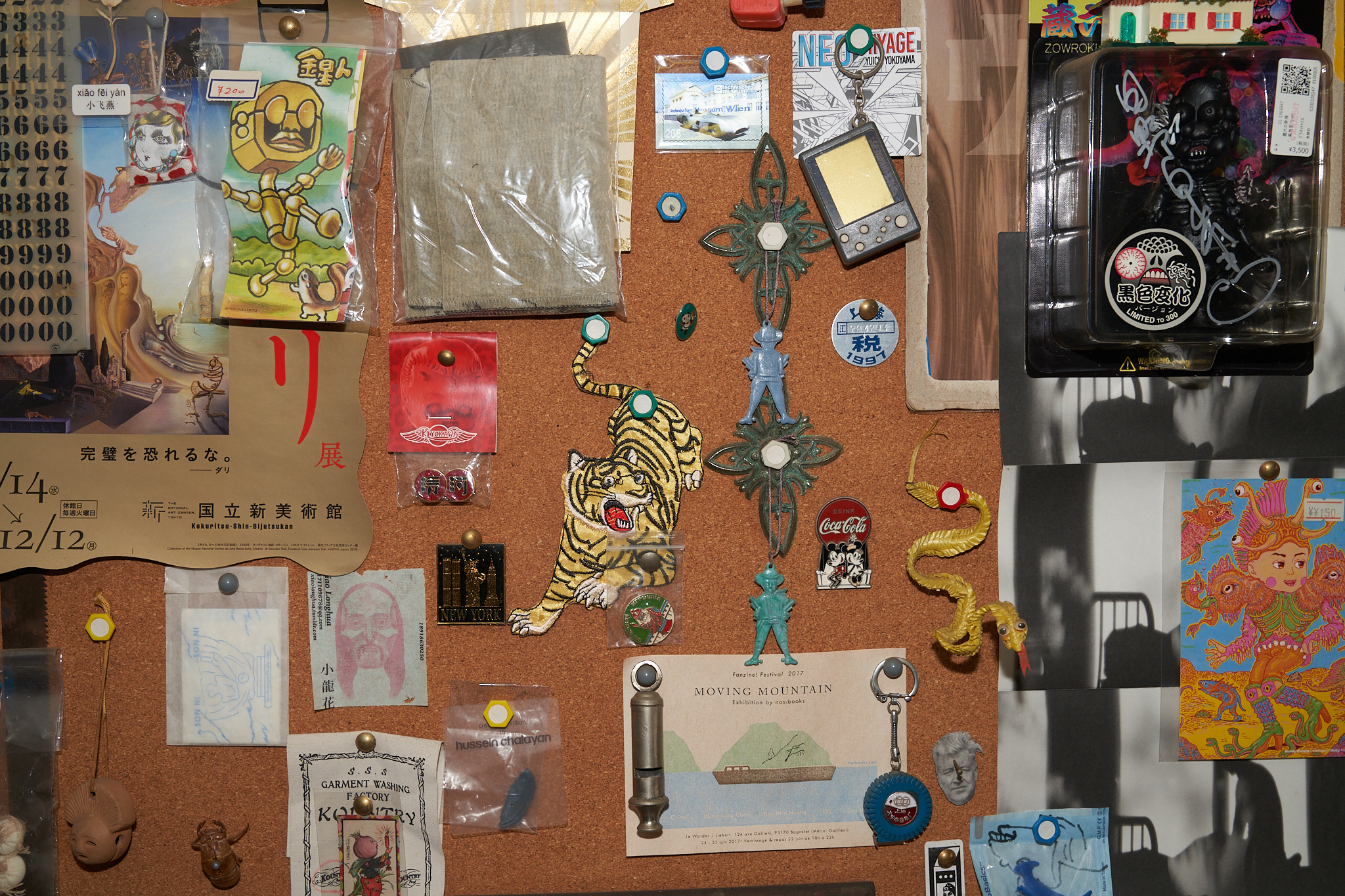Lawrence Lek: Unreal Estate
| December 11, 2015 | Post In LEAP 34

Multi-screen installation with 18-minute HD video loop and two interactive versions with Xbox controllers
There is a strain of contemporary art centered around 3D renderings and augmented reality, where the technology itself is reason for the work to exist. Lawrence Lek’s series “Bonus Levels” is a series of site-specific, immersive video game installations. Each section of the project is structured like a novel, based on a real building that is transformed into a 3D rendering. “Unreal Estate” won Lek the Converse x Dazed Emerging Artist award and is installed in London’s Royal Academy of Art. The premise imagines a future in which the Royal Academy is sold off and becomes a private mansion for the super rich.
Three projection screens and two seats back to back in the center of the room allow the viewer to enter into the simulation. Its video games feature music from the cellist Oliver Coates and Mandarin narration by Joni Zhu.

“Congratulations! Your bid was successful and the Royal Academy of Arts is now yours!” This is the opening scene that greets us. As we enter the building from the front door, the courtyard’s furnishings blur the line between fiction, reality, and augmented reality. We navigate the space in first-person view, past a Kusama wall painting and the reflection of an Anish Kapoor sculpture. A voice follows us, describing the mansion’s army of servants and the importance of specific house rules, as quirky and unexpected music comes in.
Lek focuses on not just the senses of sight and sound, but also psychological and mental forms of labor. A technological dystopian, the artist says, “Technological production and
outsourced labor mean that monumental sculpture no longer presents the physical challenge to artists that it did in the twentieth century. Likewise, architecture has lost its utopian or social potential and is simply subservient to market forces of property development.”

Multi-screen installation with 18-minute HD video loop and two interactive versions with Xbox controllers
“Unreal Estate” is set in the future, yet we can not determine what might be fiction about it, since it remains entirely plausible. As we sit inside the exhibition hall, we become ignorant of time and space, lost inside a maze of imagery—where are we again, and when?
Baudrillard writes,
“It is probable that all our technologies (fatal offsprings that they are) arise from the
gradual extinction of reality.”

Multi-screen installation with 18-minute HD video loop and two interactive versions with Xbox controllers
These fatal offspring have an intrinsic fear surrounding them, from contemporary art all the way to Hollywood. Yet Lek’s work retains a certain amount of technological desire for these future fictions.
Lawrence Lek calls himself a “simulateur,” a combination of simulation and auteur. What he simulates is less an object or an image than a space and time. In another project, KI$$, Lek and his partner are portrayed through a 3D scan and 3D print. Lek remarks, “I wanted to capture the most intimate of moments with the most artificial technology.” This moment was actually artificially staged in time, leaving the two lovers actually separated by time but together in the 3D print.

Multi-screen installation with 18-minute HD video loop and two interactive versions with Xbox controllers
We return to “Unreal Estate” with a monologue from our host telling us to enjoy our purchase, as the world is ours. At the end, we go up to the roof, boarding a helicopter. The helicopter takes off, landing at the end of a jungle in complete darkness—darkness, suicide, or perhaps just entertainment.
Text by Zhang Hanlu
Translated by Xiaowei R. Wang

